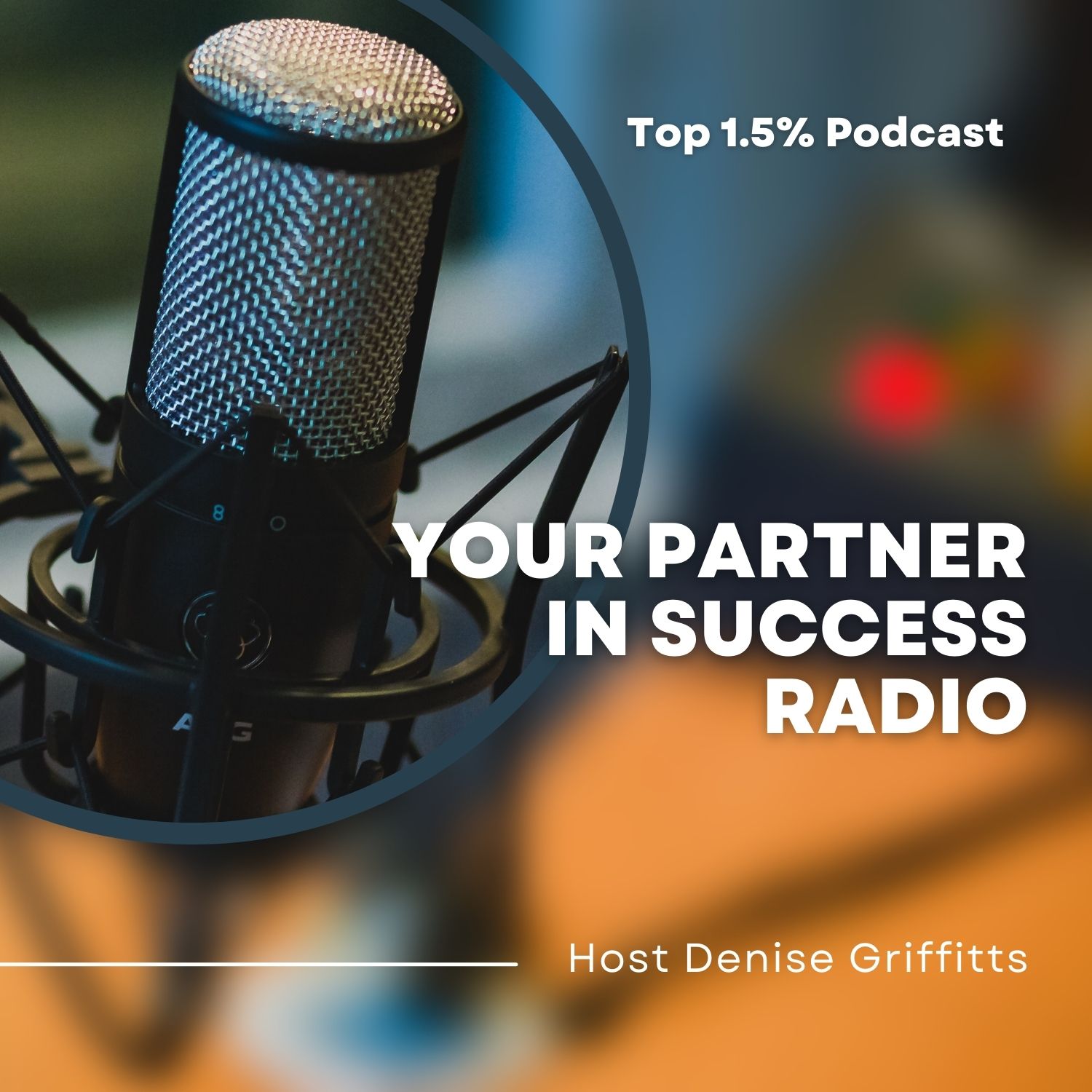
Starting a podcast is exciting, but once you’ve recorded those first episodes, reality sets in: how do you actually grow an audience? For new podcasters with little reach, two strategies often come up: organic growth and guest appearances. Both have merit, and they work best together.
Organic Growth: Building Your Own Foundation
Organic growth is the steady route. It means publishing episodes consistently, optimizing show notes for search, sharing clips on social media, and building an email list or community around your podcast. The audience you grow this way is yours, and that matters. They are listening because they found you and chose you, which builds loyalty. The downside is that it takes time and patience before you see momentum.
Guest Appearances: Borrowing an Audience
Guesting on other podcasts is a faster way to get noticed. It puts you in front of an engaged audience that already enjoys the medium and is open to discovering new voices. Unlike social media, where attention is scattered, podcast listeners are highly focused. They’ve chosen to give their time to the show, which makes them more receptive to you as a guest.
If your message resonates, listeners may follow you back to your own show, website, or email list. That said, not every appearance will translate into subscribers. Sometimes the audience isn’t the right fit, or the timing isn’t right. This is why you need a follow-up plan. Offer a simple, memorable call-to-action such as a free resource, a newsletter sign-up, or a direct invitation to check out your podcast. Make the next step clear and easy.
However... and write this down! NEVER drop this into the conversation on-air unless the host gives you permission. On my podcast, I specifically carve out time at the end for guests to share their book, program, or project. In that moment, the microphone becomes their billboard. If the host doesn’t extend that invitation, respect their boundaries. The best place to share your links and resources is when you promote the episode to your own audience. And if you aren’t promoting the shows you appear on, why not? Sharing guest appearances is part of the exchange — it shows respect for the host, expands the reach of the conversation, and helps you get the most from the opportunity.
Which Works Best for New Podcasters?
If you are just getting started, the smart move is to combine both strategies. Relying only on organic growth means you’ll build slowly, and relying only on guest appearances means you may not have enough substance to keep new listeners once they check you out.
That’s why the first step is laying a solid foundation. Release episodes consistently — I cannot stress this enough. Consistency builds trust. If someone finds your podcast and sees only two episodes released months apart, they’ll assume it’s abandoned. A regular publishing schedule shows you are serious and gives new listeners a reason to stick around.
Next, define your niche. Be clear about who your show is for and what problems you solve or perspectives you offer. A well-defined niche makes it easier for both listeners and potential hosts to understand why your voice matters.
Finally, polish your branding. This includes your cover art, show description, intro and outro, and even how you show up on social media. Strong branding makes your podcast look credible, even in the early stages.
Once these pieces are in place, then step onto the guest circuit. A well-placed guest appearance can bring hundreds or even thousands of new ears to your show. But here’s the key: if you don’t have a consistent body of work, a clear niche, and solid branding, those new listeners won’t stay. They’ll sample your show, find little to hold on to, and move on. A strong foundation ensures you can capture and keep the audience you attract through guesting.
How to Approach Podcasters as a Guest
Podcasters are flooded with pitches, and too many are generic. To stand out:
Do your homework. Listen to a few episodes so you understand the show’s style and audience.
Personalize your pitch. Reference a specific episode or topic you enjoyed. Show you are familiar with their work.
Lead with value. Frame your expertise around what their listeners will gain, not just what you want to promote. The worst thing someone can say to me (and they do!) “I just want to promote my book/program/service.” That is an instant delete. Podcasters are not looking for commercials; they are looking for engaging conversations that give their audience real value. If you lead with promotion instead of contribution, you will lose the opportunity before it begins.
Keep it simple. Provide a short bio, suggested talking points, and a professional headshot. Make it easy for them to say yes. I will say it again: we do not want to have to hunt for you or do your homework. If a podcaster has to dig through your website, search LinkedIn, or guess at what you bring to the table, your pitch will go straight to the bottom of the pile or if you are pitching Your Partner In Success Radio, it will be deleted. I used to spend a lot of time responding to these types of requests with a polite “No, thank you.” I no longer have the time or energy for that. Respect the host’s time by giving them everything they need up front.
Be professional. Stay concise in your first email. If you do not hear back, wait at least five business days before sending a reminder. If they do not respond to that, move on and put your energy into other opportunities.
Here is a quick email template you can adapt:
Subject line: Guest Idea for [Podcast Name]
Hi [Host’s Name],
I enjoyed your episode on [specific episode or topic]. Your take on [insight] really stood out.
I would love to join you as a guest and share insights on [main topic]. Your audience might find value in:
– [Talking point 1]
– [Talking point 2]
– [Talking point 3]Here is a short bio and headshot: [attach or link]. I will also help promote the episode to my audience.
Would you be open to scheduling a conversation?
Warmly,
[Your Name]
My Final Thoughts
Organic growth builds depth. Guest appearances bring reach. When combined, they create momentum that can carry your podcast from invisible to impactful. Focus on serving audiences — both yours and the ones you borrow — and growth will follow. It may not be fast or flashy, but it will be steady, sustainable, and far more rewarding in the long run.
